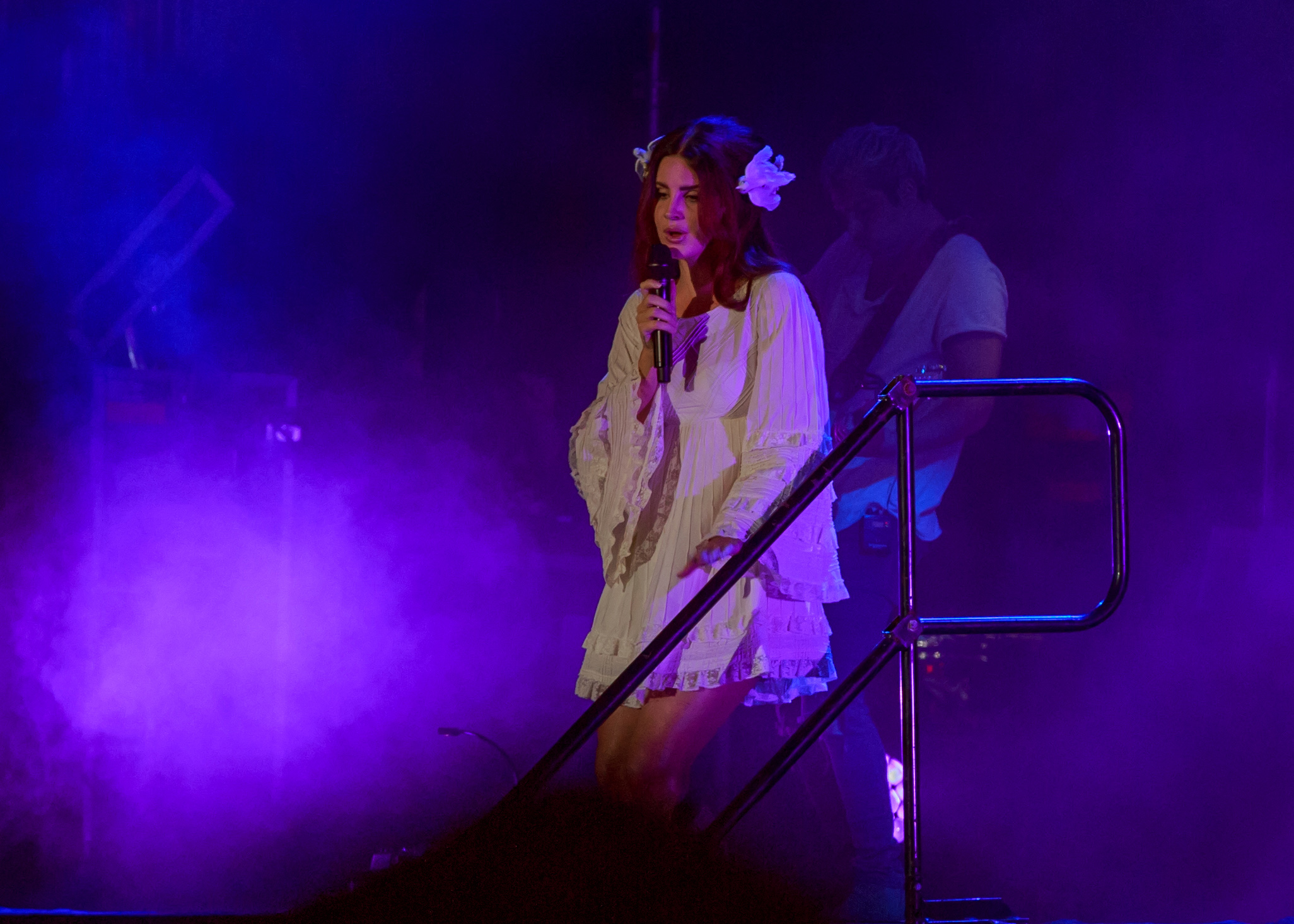In case you haven’t been following the music journalism Twitter drama this week, here’s a brief synopsis: NPR’s Ann Powers wrote an extremely nuanced and lengthy review of Lana Del Rey’s new album Norman Fucking Rockwell. Once that review was posted, Del Rey took to social media to @ Powers directly in response. Her tweets read:
Here’s a little sidenote on your piece – I don’t even relate to one observation you made about the music. There’s nothing uncooked about me. To write about me is nothing like it is to be with me. Never had a persona. Never needed one. Never will.
So don’t call yourself a fan like you did in the article and don’t count your editor one either – I may never never have made bold political or cultural statements before- because my gift is the warmth I live my life with and the self reflection I share generously.
Here’s a little sidenote on your piece – I don’t even relate to one observation you made about the music. There’s nothing uncooked about me. To write about me is nothing like it is to be with me. Never had a persona. Never needed one. Never will.
— Lana Del Rey (@LanaDelRey) September 5, 2019
There are several big problems with this. First: Lana’s hostility toward a critic who has largely praised her work, and clearly finds it meaningful and worth dissecting at length. Second: the job of a critic is not to read the mind of an artist—it doesn’t matter whether Lana relates to Powers’ observations, because Powers is writing for music fans, scholars, and culture consumers, not for Lana herself. Third: of course she has a persona. Everyone does. Fourth: critics have every right to call themselves fans, as do their editors; this job is literally devoted to processing and writing about art. If you consume that art with only praise and never any critical thinking, that’s called hero-worship. Not fandom.
It’s funny, too, that Del Rey believes her primary gift to be the “warmth” with which she lives her life. Attacking a journalist who has precisely 1/17th of the power, wealth, and influence Del Rey does—effectively siccing her minions on Powers via social media, many of whom have issued the writer death threats—couldn’t be less warm.
I’ve always enjoyed criticism well-rendered and the 0.0 had some humor to it- enjoyed it more than others I can tell you ? https://t.co/92teLHmanh
— Liz Phair (@PhizLair) September 6, 2019
Liz Phair, though, took to Twitter to comment on a thread from a former Pitchfork reviewer, Matt LeMay, who once gave Phair a 0.0 score for 2003’s Liz Phair. He retrospectively called his own review “condescending and cringey,” noting his contempt for a respected indie artist trying her hand at making a radio-friendly pop album. “The idea that ‘indie rock’ and ‘radio pop’ are both cultural constructs? Languages to play with? Masks for an artist to try on? Yeah. I certainly did not get that. @PhizLair DID get that–way before many of us did,” LeMay tweeted.
In response, Phair quoted his thread, with the added comment: “I’ve always enjoyed criticism well-rendered and the 0.0 had some humor to it- enjoyed it more than others I can tell you ?”
In a recent Vulture interview, Phair discussed Meghan O’Rourke’s negative New York Times review of Liz Phair, which called her a sellout—and which she very much took offense to. “She pissed me off because I thought she was taking cheap shots at me as a woman,” Phair recalled. “With record reviews, I don’t even mind, if you write it well … But she was literally trying to shame me to not be sexual as a mother, and to make me feel sorry for trying to reach a broader audience.”
Indeed: personal attacks on artists insulting their families or life choices in place of careful consideration of their music isn’t cool. But then, thin-skinned and aggressive reactions to smart pieces of analyses have grown more and more common for celebrities these days. Phair’s attitude in 2019 seems to include genuine respect for critics, and a sense of humor about critiques of her work that she might not agree with. Now that’s how you take criticism. Lana, take note.









